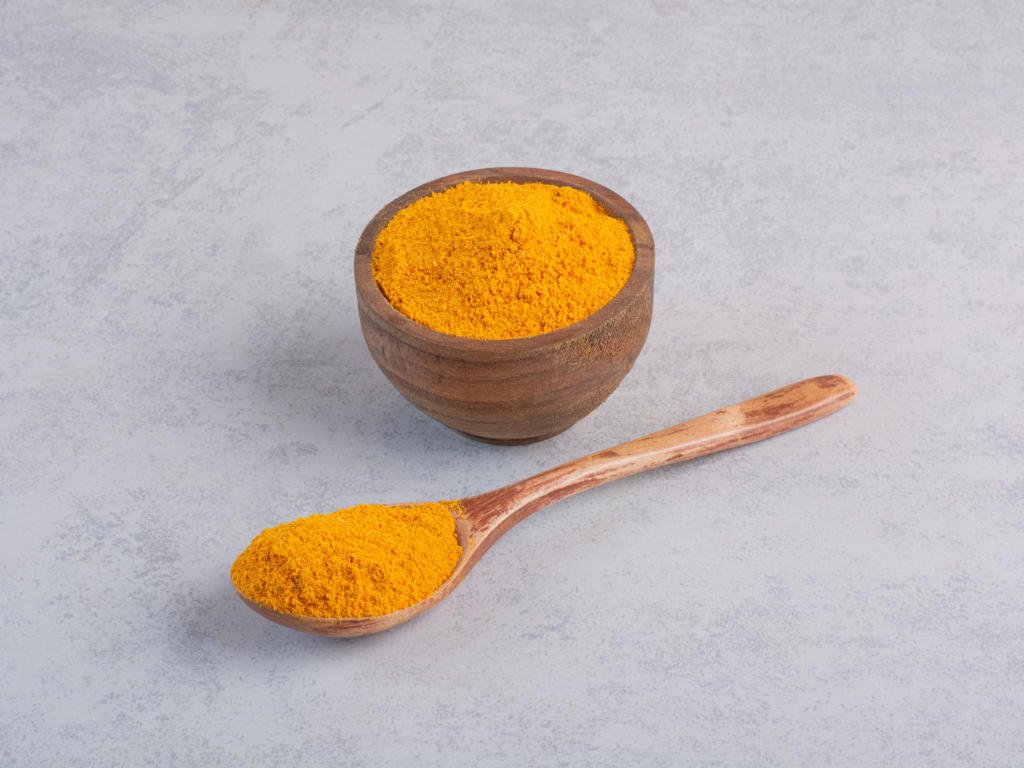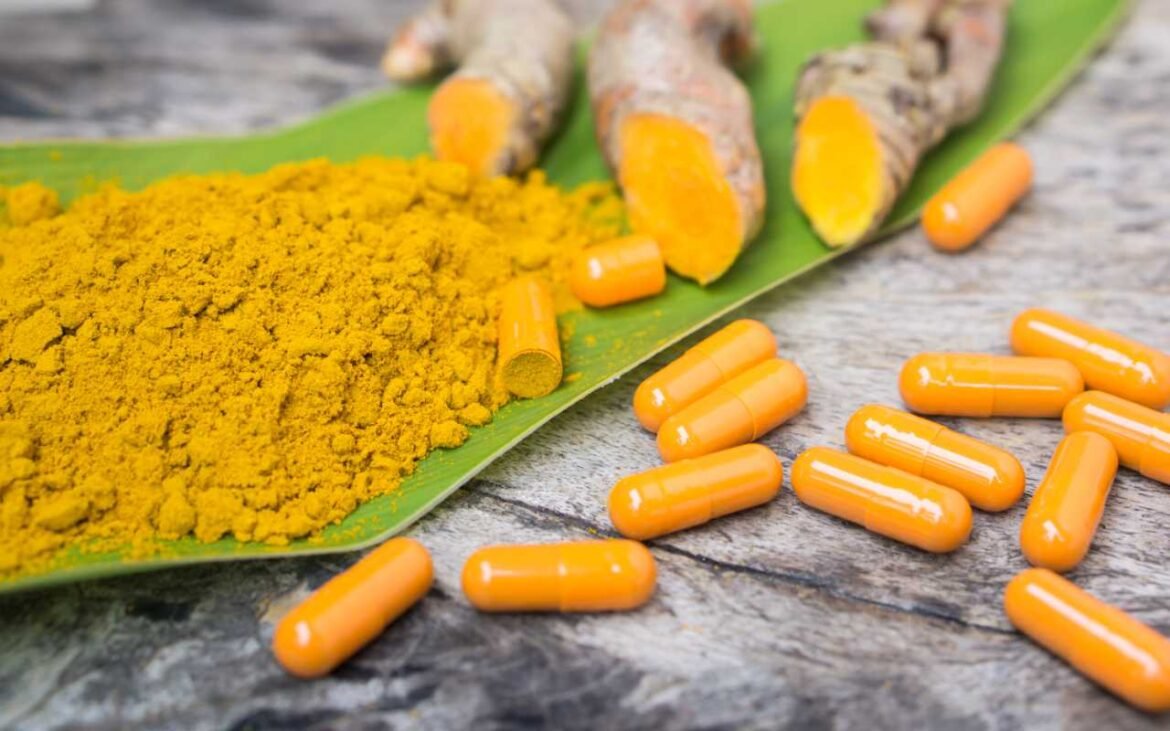Table of Contents
Ever wondered why that golden spice sitting in your kitchen cabinet has been creating such a buzz in the health world? Turmeric supplements have become one of the most talked-about natural health solutions, and honestly, it’s about time we gave this ancient remedy the attention it deserves.
You’ve probably heard whispers about turmeric’s incredible benefits from friends, seen it trending on social media, or maybe even noticed the growing supplement aisle dedicated to this vibrant spice. But here’s the thing – there’s so much more to turmeric than meets the eye, and understanding what makes it tick could be a game-changer for your health journey.
What Are Turmeric Supplements and Why Should You Care?
Let’s start with the basics. Turmeric supplements aren’t just your ordinary kitchen spice packed into a pill – they’re concentrated powerhouses of health benefits that have been used for thousands of years in traditional medicine.
Turmeric, scientifically known as Curcuma longa, is that brilliant yellow-orange spice that gives curry its distinctive color and earthy flavor. But when we talk about supplements, we’re looking at something much more potent than what you’d sprinkle on your food.
While regular turmeric powder contains about 2-5% curcumin (the star player we’ll discuss shortly), high-quality turmeric supplements can contain up to 95% curcumin. That’s like comparing a gentle breeze to a hurricane – same source, completely different impact.
These supplements come in various forms:
- Capsules and tablets (the most popular)
- Powders for mixing into drinks or smoothies
- Liquid extracts
- Gummies (yes, they exist!)
The key difference? Bioavailability. Your body can actually absorb and use these concentrated forms much more effectively than regular turmeric powder.
The Science Behind Curcumin: Nature’s Golden Ticket
Curcumin is the superstar compound that makes turmeric supplements so special. Think of it as nature’s Swiss Army knife – it’s incredibly versatile and seems to help with almost everything.
This bright yellow compound belongs to a group called curcuminoids, and it’s responsible for most of turmeric’s therapeutic effects. Research has shown that curcumin is a powerful antioxidant and anti-inflammatory agent, which explains why it’s been linked to so many health benefits.
Here’s what makes curcumin fascinating: it works on multiple pathways in your body simultaneously. Unlike many synthetic compounds that target just one specific mechanism, curcumin is like having a master key that opens several doors to better health.
Studies have demonstrated that curcumin can:
- Cross the blood-brain barrier (pretty impressive for a natural compound!)
- Modulate hundreds of genes
- Interact with numerous molecular targets
- Influence various cellular processes
But here’s the catch – curcumin on its own isn’t easily absorbed by your body. That’s why quality turmeric supplements often include black pepper extract (piperine) or other absorption enhancers.

Turmeric’s Incredible Anti-Inflammatory Properties
Let’s talk about inflammation – not the obvious kind when you cut your finger, but the sneaky, chronic inflammation that’s been called the “silent killer” by health experts.
Anti-inflammatory properties are arguably turmeric’s most celebrated benefit. Chronic inflammation has been linked to practically every major disease you can think of: heart disease, cancer, Alzheimer’s, arthritis, depression – the list goes on.
What makes turmeric’s anti-inflammatory action so special? Unlike many anti-inflammatory medications that can cause side effects with long-term use, turmeric works naturally with your body’s systems.
Research published in various medical journals has shown that curcumin can be as effective as some pharmaceutical anti-inflammatory drugs, but without the harsh side effects. One study found that curcumin was as effective as diclofenac (a common anti-inflammatory drug) for reducing arthritis symptoms.
The beauty of turmeric’s anti-inflammatory approach is that it doesn’t just mask symptoms – it actually helps address the root cause of inflammation by:
- Inhibiting inflammatory enzymes like COX-2 and LOX
- Reducing inflammatory markers in the blood
- Supporting your body’s natural anti-inflammatory processes
- Protecting cells from oxidative stress
Natural Pain Relief That Actually Works
If you’re dealing with chronic pain, you’ve probably tried everything from over-the-counter medications to prescription painkillers. But have you considered turmeric supplements for pain relief?
The connection between turmeric and pain relief isn’t just wishful thinking – it’s backed by solid science. Multiple clinical trials have shown that turmeric can be effective for various types of pain, particularly those related to inflammation.
Arthritis sufferers, in particular, have reported significant improvements. One study involving people with rheumatoid arthritis found that those taking curcumin experienced greater pain reduction and improved mobility compared to those taking conventional anti-inflammatory drugs.
But it’s not just arthritis. People have reported benefits for:
- Joint pain and stiffness
- Muscle soreness after exercise
- Menstrual cramps
- Headaches and migraines
- Post-surgical pain
The best part? Unlike many painkillers that can cause dependency or serious side effects, turmeric works by supporting your body’s natural healing processes. It’s like giving your body the tools it needs to fix itself rather than just covering up the problem.
Boosting Your Immune System Naturally
Your immune system is your body’s personal army, and turmeric supplements might just be the training program it needs to stay in fighting shape.
Curcumin has what researchers call “immunomodulatory” properties – a fancy way of saying it helps balance your immune system. It can boost immunity when you need it and calm it down when it’s overactive (like in autoimmune conditions).
This balancing act is crucial because you don’t want an immune system that’s either too weak (leaving you vulnerable to infections) or too strong (attacking your own healthy cells).
Studies have shown that turmeric can:
- Increase the activity of immune cells like T-cells and B-cells
- Enhance the production of antibodies
- Support the health of your gut microbiome (where 70% of your immune system lives)
- Provide antioxidant protection against free radicals
Many people start taking turmeric supplements during flu season or when they’re feeling run down, and they swear by the results. While it’s not a magic bullet, it can be a valuable addition to your immune-supporting toolkit.
How to Choose the Right Turmeric Supplement

Walking down the supplement aisle can feel overwhelming – there are dozens of turmeric products, all claiming to be the best. So how do you separate the wheat from the chaff?
Here’s your insider’s guide to choosing quality turmeric supplements:
Look for High Curcumin Content
The percentage of curcumin matters. Look for supplements that clearly state their curcumin content – ideally 95% curcuminoids or higher.
Check for Absorption Enhancers
Remember that bioavailability issue we talked about? Quality supplements include:
- Black pepper extract (piperine) – can increase absorption by up to 2,000%
- Liposomal formulations – wrap curcumin in fat particles for better absorption
- Phytosome technology – binds curcumin to phospholipids
Third-Party Testing
Look for certifications from organizations like:
- NSF International
- USP (United States Pharmacopeia)
- ConsumerLab.com
These certifications ensure what’s on the label is actually in the bottle.
Avoid Unnecessary Fillers
Check the ingredient list. Quality supplements should have minimal fillers, artificial colors, or preservatives.
Consider Your Needs
Are you looking for general wellness support or targeting specific issues like joint pain? Some supplements are formulated for specific purposes.
Understanding Dosage and Timing
One of the most common questions about turmeric supplements is: “How much should I take?”
The answer isn’t one-size-fits-all, but here are some general guidelines:
For general wellness: 150-250mg of curcumin daily
For inflammatory conditions: 400-600mg of curcumin daily
For specific health concerns: Up to 1,000mg daily (but consult a healthcare provider first)
Timing matters too:
- Take with meals to enhance absorption (curcumin is fat-soluble)
- Consider splitting doses throughout the day for better utilization
- Be consistent – benefits build over time
Remember, more isn’t always better. Start with a lower dose and gradually increase if needed. Your body will tell you what works best.
Potential Side Effects and Who Should Be Cautious
While turmeric supplements are generally safe for most people, it’s important to be aware of potential side effects and interactions.
Common mild side effects include:
- Stomach upset or nausea (especially on an empty stomach)
- Diarrhea or loose stools
- Dizziness
- Increased bleeding risk
Who should be extra cautious:
- People taking blood thinners (warfarin, aspirin)
- Those with gallstones or bile duct obstruction
- Individuals scheduled for surgery (stop 2 weeks before)
- People with iron deficiency (turmeric can interfere with iron absorption)
- Pregnant or breastfeeding women
If you have any health conditions or take medications, it’s always smart to check with your healthcare provider before starting any new supplement regimen.
Real-World Results: What People Are Saying
The proof is in the pudding, right? Let’s look at what real people are experiencing with turmeric supplements.
Sarah, a 45-year-old teacher, started taking turmeric for her knee pain from years of standing. “I was skeptical at first, but after about 6 weeks, I noticed I could climb stairs without wincing. It’s been a game-changer for my daily activities.”
Mike, a weekend warrior in his 30s, uses turmeric for post-workout recovery. “I recover faster from tough workouts, and I don’t feel as sore the next day. It’s become part of my fitness routine.”
These aren’t isolated stories. Reviews and testimonials consistently mention improvements in:
- Joint comfort and mobility
- Exercise recovery
- Overall energy levels
- Digestive health
- Skin clarity
The Supplement Industry: Market Trends and Quality Concerns

The health supplements market has exploded in recent years, and turmeric has been riding this wave. The global turmeric supplement market is expected to reach billions of dollars by 2025, reflecting growing consumer interest in natural health solutions.
This growth is driven by several factors:
- Increasing awareness of inflammation’s role in chronic disease
- Growing preference for natural alternatives to pharmaceuticals
- Rising healthcare costs pushing people toward preventive approaches
- More research supporting turmeric’s benefits
However, rapid market growth also brings challenges. With so many products flooding the market, quality can vary dramatically. This is why it’s crucial to choose reputable brands that invest in quality testing and transparent labeling.
Combining Turmeric with Other Natural Remedies
Turmeric doesn’t have to work alone. Many people find that combining turmeric supplements with other natural remedies creates a synergistic effect.
Popular combinations include:
Turmeric + Ginger: Both are powerful anti-inflammatories from the same plant family. Together, they can provide enhanced digestive and anti-inflammatory benefits.
Turmeric + Fish Oil: The combination of curcumin’s anti-inflammatory properties with omega-3s creates a powerful duo for heart and brain health.
Turmeric + Boswellia: This combination is particularly popular for joint health, as both compounds work on different inflammatory pathways.
Many supplement companies now offer combination formulas that take the guesswork out of mixing and matching.
Future of Turmeric Research
The research into turmeric’s benefits is far from over. Scientists are currently investigating its potential for:
- Alzheimer’s disease prevention and treatment
- Cancer support and prevention
- Depression and anxiety
- Metabolic syndrome and diabetes
- Liver health and detoxification
Some of the most exciting research involves curcumin’s ability to cross the blood-brain barrier and potentially protect against neurodegenerative diseases. While we’re still in the early stages, the preliminary results are promising.
New delivery methods are also being developed to improve bioavailability even further. From nanoparticle formulations to time-release capsules, the future of turmeric supplementation looks bright.
FAQs About Turmeric Supplements
Q: How long does it take to see results from turmeric supplements?
A: Most people notice initial benefits within 2-8 weeks of consistent use. However, some may experience improvements sooner, especially for acute inflammation.
Q: Can I take turmeric supplements with my medications?
A: Turmeric can interact with certain medications, particularly blood thinners. Always consult your healthcare provider before combining supplements with prescription drugs.
Q: Is it better to take turmeric supplements or eat turmeric in food?
A: Both have benefits, but supplements provide much higher concentrations of curcumin. For therapeutic effects, supplements are generally more effective.
Q: Can children take turmeric supplements?
A: While turmeric in food is safe for children, supplement dosages should be discussed with a pediatrician first.
Q: Do I need to take turmeric supplements with food?
A: Yes, taking them with meals (especially those containing healthy fats) significantly improves absorption.
Q: Are there any quality certifications I should look for?
A: Look for NSF International, USP, or other third-party testing certifications to ensure purity and potency.
Making Turmeric Part of Your Wellness Journey
As we wrap up this comprehensive look at turmeric supplements, it’s clear that this ancient spice has earned its place in modern wellness routines. From its powerful anti-inflammatory properties to its potential for natural pain relief and immune system support, turmeric offers a natural approach to better health.
The key is choosing quality supplements, being consistent with your routine, and having realistic expectations. Turmeric isn’t a miracle cure, but it can be a valuable tool in your wellness toolkit.
Whether you’re dealing with chronic pain, looking to support your immune system, or simply wanting to add more natural anti-inflammatory compounds to your routine, turmeric supplements deserve serious consideration.
Remember, the best supplement is the one you’ll actually take consistently. Start with a quality product, be patient with the process, and listen to your body. Your future self might just thank you for making turmeric part of your health journey.
For more insights on natural health solutions and supplement guidance, explore our comprehensive guides on natural supplements that work and balanced nutrition approaches to support your overall wellness goals.


